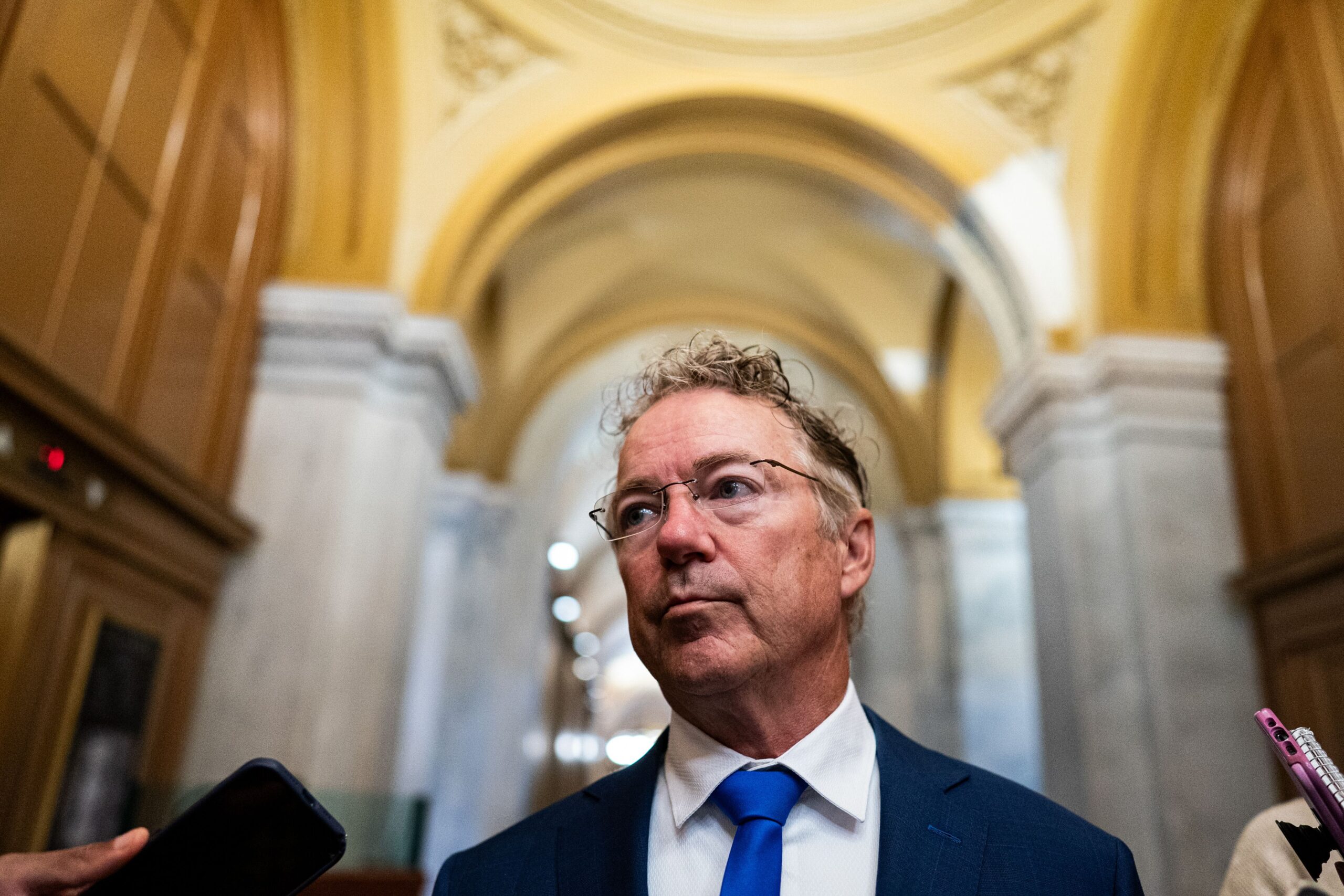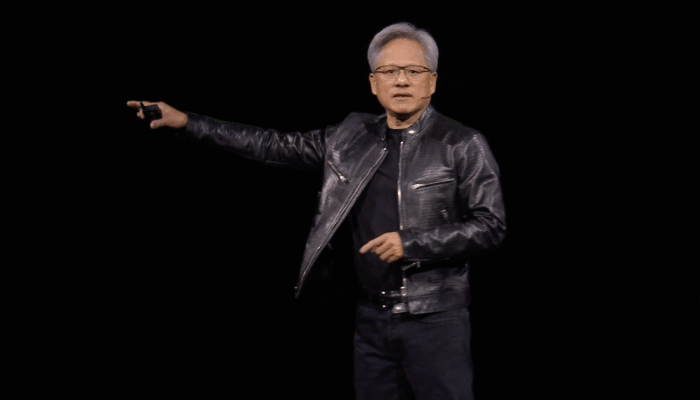A powerful United States Senate committee has requested that multiple academic research centers focused on political extremism hand over years worth of documentation on federal watch list programs, the January 6, 2021 attack on the US Capitol, vaccine mandates, the 2020 election, and Trump supporters, according to information obtained by WIRED.
The queries appear to be connected to an ongoing investigation by the Senate Committee on Homeland Security and Governmental Affairs’s chair, Senator Rand Paul, into the “weaponization of the Quiet Skies Program,” which was the subject of a September 30 hearing on Capitol Hill. While Paul’s inquiry was lauded by Muslim-American organizations as a long-overdue examination of abusive federal surveillance, it appears the inquiry is a broader attempt to target academic researchers on extremism, which could chill inquiries into far-right radicalization.
At least three university research centers focused on extremism received requests for documentation from the Senate committee in the past two months. A copy of a letter from the committee reviewed by WIRED asks the university that received it to turn over records for all communications, reports, memoranda, or data exchanged with federal staff from January 1, 2020 through February 1, 2025, and any records regarding Quiet Skies and the No Fly List, the FBI’s Terrorist Screening Database. The university was also instructed to identify all staff who held federal security clearances, any and all sources of federal grant funding, and internal procedures.
Critically, sources tell WIRED that the Senate committee requested the research centers disclose all emails, internal and external, relating to a massive list of more than 300 query terms, which include “mask mandates,” “origins of Covid-19,” “Trump supporters or the Trump Campaign,” “Capitol Police.” FBI director Kash Patel, US attorney general Pam Bondi, Department of Justice operative and former interim US attorney for the District of Columbia Ed Martin (now the US pardon attorney), Director of National Intelligence Tulsi Gabbard, “Trump voter,” “red hat,” “sedition,” “Sedition Hunters,” and far right groups and individuals including the Oath Keepers, Boogaloo Boys, Enrique Tarrio, Stewart Rhodes, Three Percenters, and others.
People familiar with the committee inquiry view Paul’s sprawling queries as a targeted effort to chill or discourage academic research on far-right groups, ideologies, or individuals.
Of the more than 300 subject matter queries listed in the Senate letter, researchers say only two terms—“anti-fascist” and “Black Lives Matter”—appear to align with left-wing movements, ideologies, or possible extremist groups. Earlier this month, the State Department formally designated four anti-fascist groups in Germany, Greece, and Italy as Foreign Terrorist Organizations, further raising fears of a US crackdown against dissent already hinted at in National Security Presidential Memorandum-7 and a presidential order, both of which targeted anti-fascist beliefs, opposition towards Immigrations and Customs Enforcement raids, and criticism of capitalism and Christianity as potential indicators of terrorism.
Neither the Senate homeland security committee nor Paul’s office responded to WIRED’s requests for comment.
The origins of the Senate homeland security committee’s inquiry, per the September 30 hearing appear to lie in concerns from Republican figures that the Transportation Security Administration unlawfully surveilled conservatives during the Biden administration. (Gabbard, a Democratic representative under Biden who only became a Republican in 2024, is something of an anomaly on the list, but her inclusion demonstrates interest in research into friends and allies of the Trump administration of varying ideological stripes.). Paul’s committee, The Intercept reports, targeted the Program on Extremism at George Washington University—one of the three universities to receive the request from the committee—with the goal of determining if the research center had undue influence on the federal aviation watchlist.
First exposed by the Boston Globe in 2018 after becoming fully operational in 2012, the Quiet Skies program was created as an additional method to screen passengers during the post-9/11 era. Over its roughly 13-year lifespan, it failed to develop benchmarks to determine the efficacy of watch list people, according to a 2020 inspector general report, and was criticized for subjecting travelers to heavy and unwarranted surveillance.
Department of Homeland Security secretary Kristi Noem discontinued Quiet Skies in June of this year. Conservative activists and lawmakers claimed the program was used to target 2020 election deniers, Trump supporters, and vaccine skeptics who refused to abide by airplane mask mandates during the early phases of the Covid-19 pandemic. Recently, DHS has begun an effort to push back on “fake news stories, viral artificially generated videos, and misinformation online” about alleged abuses by ICE and Border Patrol officers during Trump’s immigration sweeps across the nation, the sort of measures that Republicans branded as “censorship” under the Biden administration.
In the months since President Trump issued more than 1,500 pardons and commutations for Americans convicted of January 6–related offenses, at least 10 of them have allegedly re-offended on a range of serious crimes. On Wednesday, a pardoned J6er was arrested on charges of child molestation filed in Florida. Prior to his arrest this week, Andrew Paul Johnson pleaded guilty in April 2024 to charges including entering and remaining in a restricted building; disorderly and disruptive conduct in a restricted building; violent entry and disorderly conduct in a Capitol building; and parading, demonstrating, or picketing in a Capitol building. In at least one case, Trump has issued a second pardon for a J6er, who was convicted of illegally possessing firearms and thousands of rounds of ammunition while under investigation for the 2021 siege.




